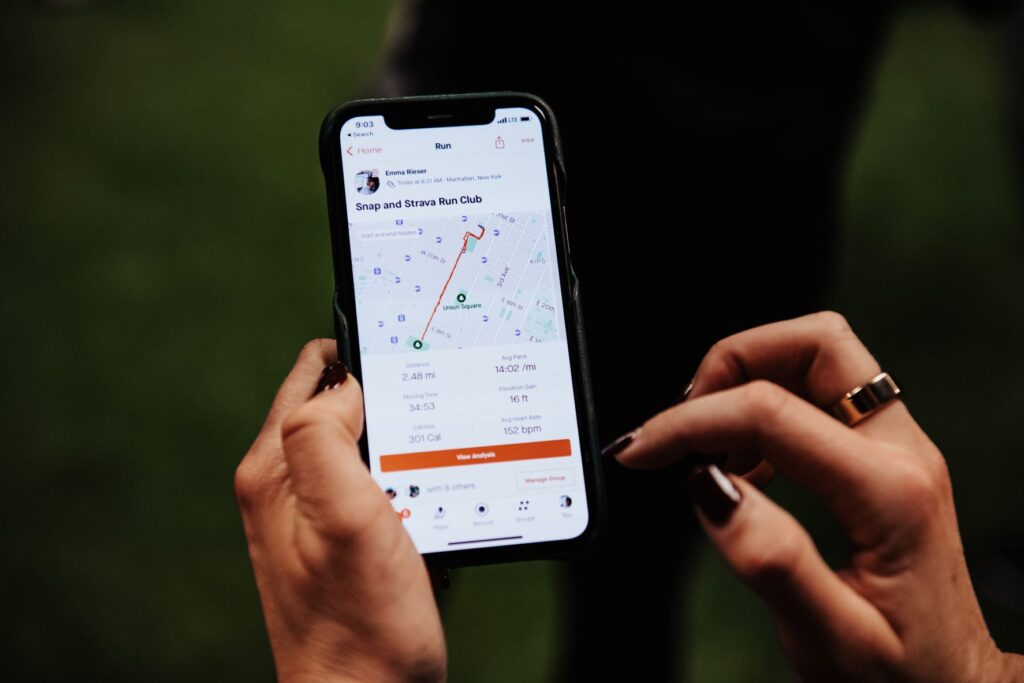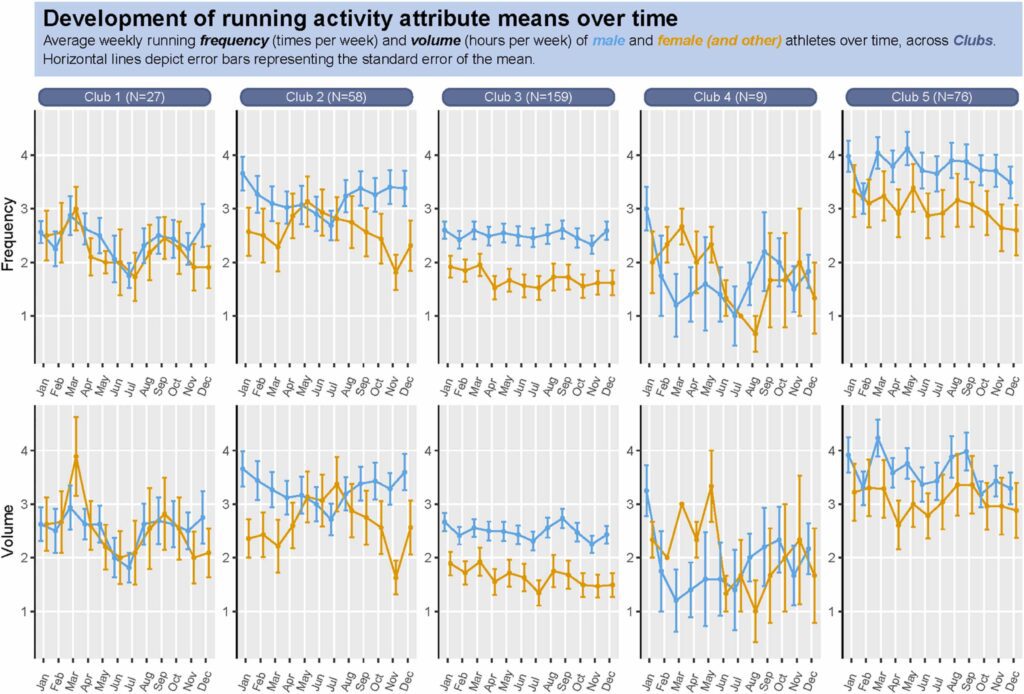New study says Strava kudos motivate you to run more
Note to self for 2023: give out more kudos
 Photo by:
Strava
Photo by:
Strava
When you are looking for motivation to get out for a run, is Strava getting you out the door? Well, a study out of Radboud University in Nijmegen, Netherlands, says that Strava, the largest online social network for athletes, spurs exercise and gives runners motivation to record an activity.

The study, published in the Journal of Social Networks, analyzed Strava profiles to see how runners in the same virtual Strava club influenced each other’s running behaviour. Researchers focused on five different Strava clubs in the Netherlands that functioned as an online extension of real-life running clubs, totalling 329 members.
In a pre-study survey, they asked the subjects prime what their motive for using Strava was: 83 per cent expressed it was to log activities; 78 per cent said it was to track their progression; 31 per cent said it was for social interaction with other runners, while 21 per cent was to receive validation for their activity.
Researchers predicted that runners use their peers’ behaviour as a yardstick and may intentionally try to imitate peers’ behaviours to promote their relative standing or to avoid rejection.

They investigated the recorded data for a year, constructing a longitudinal dataset of networks and behaviour, and discovered that those who receive more kudos were inclined to run more. While running variables differed over time within clubs in Figure 3, no consistent seasonal pattern was found.
Researchers initially thought that athletes who ran more would be the most influential on the app, but it was the opposite; athletes who ran less were more likely to follow the running behaviour of their friends who ran more. According to the study, “Those who received more kudos for their activities, ran more.”
The study also found that many runners change their running behaviour to do more kudos-worthy activities, (i.e., run farther, run longer, chase segments). Athletes who had kudos turned off ran less than those who had kudos enabled.

In four of the five clubs, peer influence effects (i.e., what your closest friends in the club are doing and posting) were more important than receiving kudos. In conclusion, this study points to a promising avenue for increasing physical activity and for offering to facilitate supportive interactions among Strava members. Even just a virtual thumbs-up could motivate users to get out for a run.
Since the data was only collected from five Strava clubs in the Netherlands, there are cultural and geographical limitations, so you cannot make this assumption for all 100 million users. Researchers did note that a Dutch Strava club runner may not be your typical user and that they could be driven by outside or social motives (Strava challenges) or leaderboards, more or less than other users.
How do social networks influence our exercise habits?
✅ Receiving kudos or virtual encouragement makes us run more.
❌ Getting kudos from those who run less can make us run less (it helps us justify doing less).
Choose your friends wisely! pic.twitter.com/y0OqB4jClC
— Sian Allen (@DrSianAllen) January 6, 2023
Another limitation is that Strava only allows its data to be sampled based on user activities, yielding the risk of data being biased toward more active users instead of casual users.
Despite limitations, this study is the first that investigates social dynamics on the world’s most popular running app.

